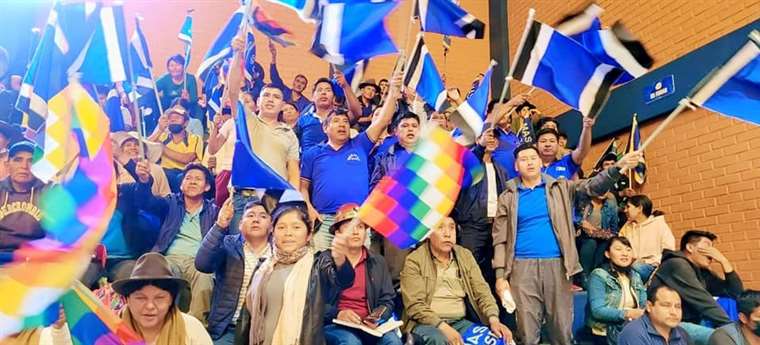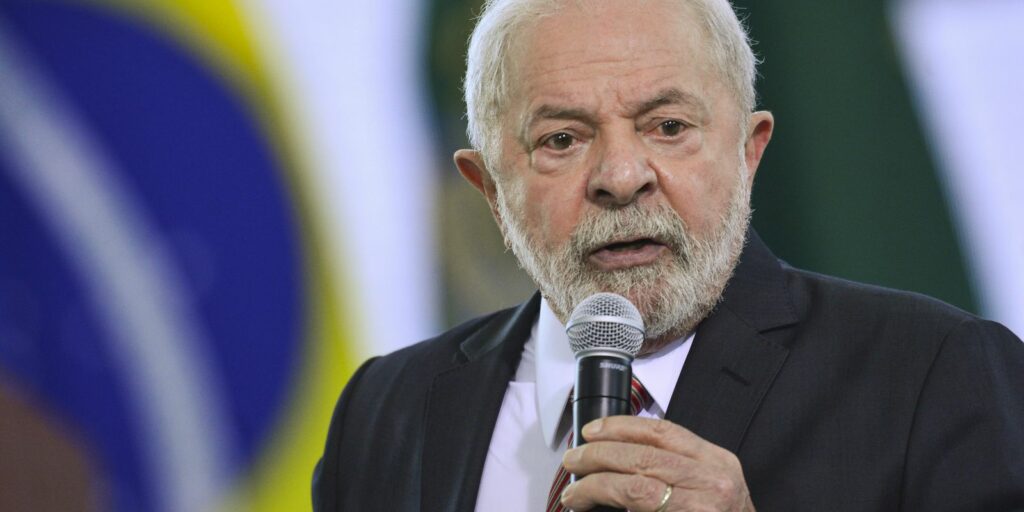January 18, 2023, 23:30 PM
January 18, 2023, 23:30 PM
The expulsion of six deputies determined by an enlarged department of the MAS in Cochabamba did not come to the attention of the Supreme Electoral Tribunal (TSE), whose spokesperson Dina Chuquimia said that the decisions of the parties are made in this area.
“Us we cannot control the internal activity carried out in the parties and where decisions of the militants are made, protected by their statutes and where the Court (Supreme Electoral) has no jurisdiction”, justified the electoral authority.
Last weekend, the masistas met in Cochabamba in an extended, where they decided the expulsion of the deputies Magali Gómez Aranibar, Rosario García Onofre, Olivia Guachalla Yupanqui, José Luis Flores Colquillo, Damián Laime Parada and María Vargas Flores, all parliamentarians for Cochabamba.
The vowel recalled that the MAS has a statute, which is its charter, and that this document should govern all the acts of party members and leaders.
According to the MAS statute, there are courtit is discipline and ethics, both departmental and national. These instances are the only ones that can judge any militant, be it an elected or designated authority.
Article 95 of the masista statute explains the procedure to follow when a militant is denounced but it was not applied in Cochabamba.
Article 53 of the MAS regulation does not assign powers to an enlarged to expel militants and it can only approve political actions within the framework of the ideological guidelines of this party, that is, political resolutions, not disciplinary ones.
Likewise, none of the 103 articles in the document mentions a lifetime presidency, as approved by the expanded one in Cochabamba and only mentions the powers of this position.















